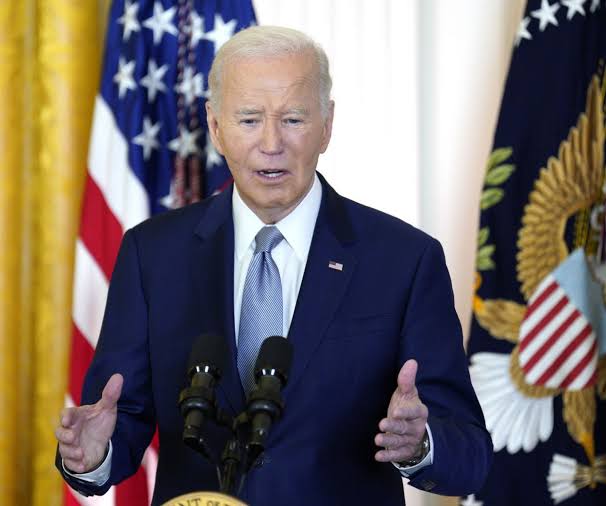On Thursday, December 12, President Joe Biden announced the commutation of nearly 1,500 prison sentences and issued pardons to 39 individuals in what the White House described as the largest single-day act of clemency in modern presidential history.
The individuals granted commutations had been serving lengthy sentences that would have been shorter under current laws. They had been on home confinement since the COVID-19 pandemic and were recognized by the administration for successfully reintegrating into society.
The pardons were extended to individuals convicted of nonviolent offenses, including drug-related crimes. The White House noted that these individuals had demonstrated significant rehabilitation and “turned their lives around.”
It is customary for presidents to exercise clemency powers more actively toward the end of their terms. Advocates and Democratic lawmakers are urging Biden to go further by commuting the sentences of the 40 individuals on federal death row and addressing issues like sentencing disparities and mass incarceration.
President Biden pledged continued action, stating, “My Administration will continue reviewing clemency petitions to advance equal justice under the law, promote public safety, support rehabilitation and reentry, and provide meaningful second chances.”
Despite this historic move, Biden has faced criticism for a separate controversial decision earlier this month to issue a blanket pardon for his son, Hunter Biden, convicted on gun and tax charges. The White House emphasized that this decision was personal and bypassed the standard clemency process.
The president’s clemency record is already notable. He has issued more commutations than recent predecessors at the same point in their terms and has granted categorical pardons to individuals convicted of marijuana possession under federal law and LGBTQ+ individuals prosecuted for their sexual orientation while serving in the military.












